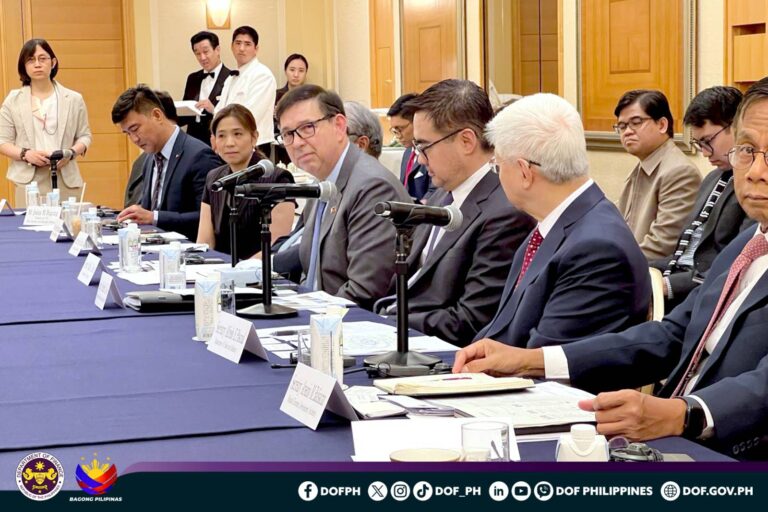The Departments of Finance (DOF) and of Health (DOH) have signed a memorandum of agreement (MOA) on the construction of drug rehabilitation facilities to be funded by a RMB 50-million yuan grant from China.
The RMB 50-millionyuan aid, equivalent to US$7.5 million, is half of the RMB 100-million yuan grant that China has pledged to the Philippines during President Duterte’s state visit to Beijing last October, through an Agreement on Economic and Technical Cooperation signed by DOF Secretary Carlos Dominguez III and China Commerce Minister Gao Hucheng.
The Agreement on Economic and Technical Cooperation states that “in accordance with the needs of the Government of the Republic of the Philippines, the Government of the People’s Republic of China agrees to provide the Government of the Philippines with a grant of RMB Yuan 100,000,000 (one hundred million Renminbi Yuan only), which shall be disbursed to implement the projects for illegal drugs and law enforcement security cooperation.”
According to Dominguez, the other half of the grant will be used to procure law-enforcement-related equipment to be divided among the Philippine National Police, Philippine Drug Enforcement Agency and the Presidential Security Group.
Under the MOA signed by Dominguez and DOH Secretary Paulynn Ubial, the finance department is tasked to coordinate with the Chinese government all concerns that will ensure the “successful and smooth implementation of the sub-grant to the DOH.”
DOF Assistant Secretary Maria Edita Tan said the MOA also states that the DOF shall “coordinate with and/or secure the approval of the DOH” on all matters relating to the design and specifications of the sub-grant” and the “supply, delivery, implementation and acceptance arrangements” related to it.
In turn, the DOH will be responsible for, among others, identifying and providing the sites for the proposed drug rehabilitation facilities and securing the necessary clearances, approvals and permits for their construction, Tan said.
The DOH is also responsible for providing the necessary information and assistance to the Chinese government or its designated consultants to enable the latter to facilitate the supply and delivery, and installation or construction, of the drug rehabilitation facilities, the MOA stated.
Under the MOA, the counterpart funding for the construction, installation and maintenance of utilities necessary for the smooth operation and implementation of the sub-grant shall be provided by the DOH either through its own budget, assistance from the private sector, or, if allowable, the Chinese government.
On behalf of the Philippine government, Dominguez signed three agreements with China during President Duterte’s state visit to that country last year.
Besides the Agreement on Economic and Technical Cooperation covering the RMB 100 million-yuan grant, Dominguez also signed the Memoranda of Understanding on providing financing support to the Philippines in undertaking feasibility studies for big-ticket projects in infrastructure, agriculture and rural development; and on financing cooperation with the Export-Import Bank of China (China EXIM), which would allow the Philippines to tap China EXIM funds for its proposed major projects.
A total of 12 government-to-government agreements were forged between the two countries during President Duterte’s state visit to China.
Last January, Dominguez led a Philippine mission to Beijing to discuss the progress of these accords with Chinese officials led by Minister Gao.
Gao’s successor, Commerce Minister Zhong Shan, reciprocated the Dominguez-led visit by bringing a high-level Chinese delegation to Manila last March, which was followed by the visit of Chinese Vice Premier Wang Yang.
Vice Premier Wang met with President Duterte in the chief executive’s home city of Davao and separately discussed with Cabinet officials led by Dominguez the progress of the cooperation between the two countries on implementing the Philippines’ large-scale infrastructure projects through Chinese grants and concessional loans





